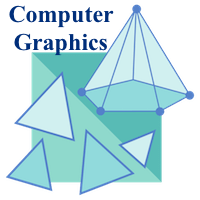:- Self education ✨
I’d always seen my dad use Photoshop, and I was curious to learn. So in 7th grade, I scraped together my allowance and bought a copy of Photoshop for Dummies.
Through hours of practice, along with reading that book and online tutorials, I learned the basics of editing images in Photoshop. While I’m still no image editing wizard, my basic Photoshop skills continue to serve me to this day. And it was all because I chose to pursue that first learning project on my own.
It wouldn’t be the last such project, either. Since then, I’ve taught myself HTML, drawing, painting, and even Spanish.
Plus, I have the confidence to teach myself any new skill that interests me or is useful for advancing my career. My early approach to self-education was rather haphazard, but I’ve since learned a lot more about how to effectively teach yourself new things.
In this post, I’m going to share my favorite lessons for educating yourself on any subject. We’ll start with a look at why self-education is such a valuable skill. Then, we’ll move to a process you can use to start your own self-education adventures.
Credentials Are No Longer Enough
There was a time when having a college degree was enough to secure a good job. But with more people graduating from college than ever, you now need other ways to differentiate yourself.
While there are many ways to stand out in a job interview, one of the best is to demonstrate that you’re self-directed and motivated. And I can’t think of a better way to demonstrate these qualities than telling the interviewer about a new skill you taught yourself.
Compared to the other applications with the same degrees, GPAs, and extracurriculars, a self-directed learner is bound to stand out.


No comments:
Post a Comment